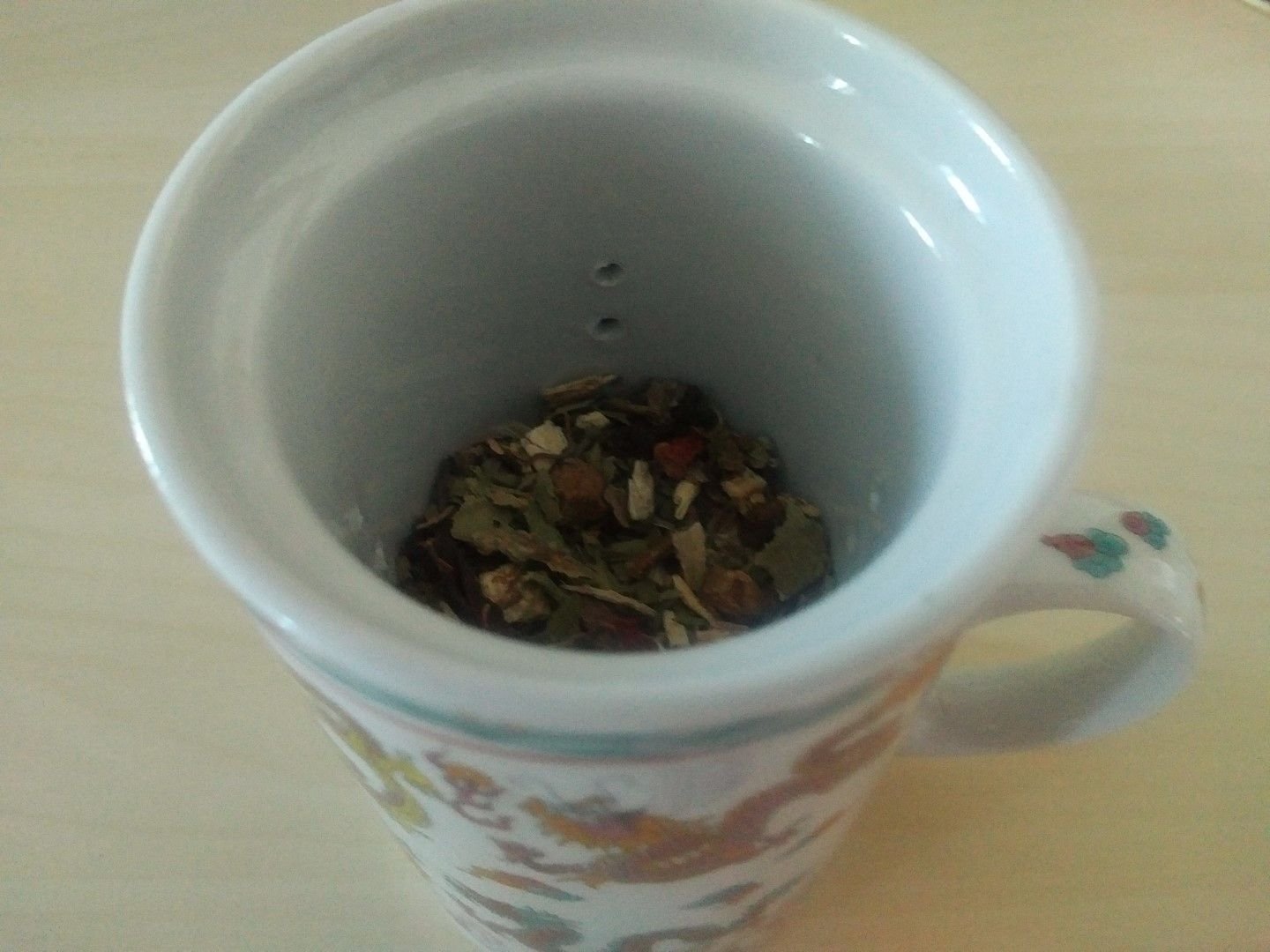Suffering from water retention? The hot summer months can lead you to put on weight. However, you might be surprised to know some of it may not be due to all those ice creams consumed, but more to do with water retention caused by heat and damp. If you are a woman, and you suffer from PMT, you’ll also probably be very familiar with that feeling of heaviness and bloatedness just preceding your period. The standard advice might be to drink more/less water, or reduce your salt intake. However, there is a much better, and easier way, to reduce that bloated feeling and all you need is to make a cup of tea. As simple as that! Not any old tea, though. Green tea might help, but the tea I head for during at these times is Dandelion root tea.
What is dandelion?
Remember those weeds that grow everywhere with yellow flowers and will not go away no matter what you do? Would you be surprised to learn that these plants that are generally considered a real nuisance, these common garden weeds that gardeners all over the world are intent on suppressing at any cost, are actually one of the most beneficial plants around?
Dandelion gets its name from the French “dent-de-lion”. Its Latin name is Taraxacum Officinale (not to be confused with the other variety called Taraxacum Erythrospermum), and spreads as wildflowers. It originates from Europe over 30 million years ago and has been used over the centuries for a myriad of treatments. This very underrated plant is in fact a medicine cabinet unto itself.
Dandelion greens - the leaves of the plant- are considered a superfood, and are normally consumed as a side. However, they are hard to find in shops probably because their extreme bitterness usually puts most people off. There are ways to cook them to reduce the bitterness and make them taste good, but it is not a food for everyone, and certainly not one we are likely to consume every day.
The roots and stem, as well as the flowers, on the other hand, are used to make infusions and tea, without the bitterness and with an all impressive list of health benefits.
The medicinal uses of dandelion
Over the years, dandelion has been used in the treatment of muscle aches and joint pains, loss of appetite and intestinal disorders such as an upset stomach and gas. It has also been used to heal bruises and to treat infections. The gel derived from the stem is also said to treat eczema.
In modern times, it is still considered a powerful liver and kidney cleanser. It helps the proper flow of bile, and hence digestion, it reduces inflammation and helps mineral absorption. Its diuretic properties help reduce oedema (water retention, and thus bloating), as well as reducing blood sugar by stimulating the production of insulin. Dandelion also helps to reduce blood pressure levels and is high in anti-oxidants. If that wasn’t enough, its high calcium content helps to maintain healthy teeth, bones, and normal blood clotting.
In Europe, North America and China it has been used for centuries for various treatments such as the ones mentioned above. It is also believed to help with the treatment of cysts and abscesses, as well as to reduce inflammation and the swelling of lymph nodes.
It does come with a warning. It is high in potassium, so consumption of dandelion is not advised to people suffering from hyperklemia (high levels of potassium).
Its use in Traditional Chinese Medicine (TCM)
Perhaps the most important use of this powerful “weed” is that it can act as a herbal laxative for cooling heat in the body from which so many of us will suffer at the end of a hot damp summer. Indeed, the Chinese believed that it cools heat toxins and dries damp mucoid accumulation therefore helping resolve oedema, candida yeast infections and even obesity. Incidentally heat, damp and mucoid inflammation in the body are also some of the causes of PMT according to TCM. Dandelion is a liver and kidney cleanser like no other.
Where to find it
Since not all of us have a garden or field near our house where we can source it directly from nature, your best bet to find it is in health food shops. Dandelion has come to be in vogue among health food enthusiasts recently and can be found most readily in teabag combinations. However, if you can get your hands on the dandelion root and stem in its pure form, without this being mixed with other herbs (good herbalists will stock this), you should grab this instead.
How to make the infusion
Infusions (or herbal teas) are easy to make. Boil 150ml water and add two tablespoons of dandelion root. Cover and simmer for about 5 minutes. Then remove from the heat and allow it to rest for about 10 minutes before filtering. You can drink it straight or by adding a teaspoon of honey if you really need a sweetener.
Another way to make it is to use a ceramic mug with incorporated filter. Put the 2 tablespoons of dandelion root in the filter, cover with boiling water and let it steep covered for approximately 10 to 15 minutes. Then remove the filter and drink.
I find that 2 to 3 cups of dandelion root tea during the course of the day, and preferably away from meals, helps reduce oedema and bloating, and cools my body after all those hours spent outdoors in the sun.
There is no better way to end the summer and prepare your body for the winter ahead than using this powerful herb.
Enjoy your tea!


